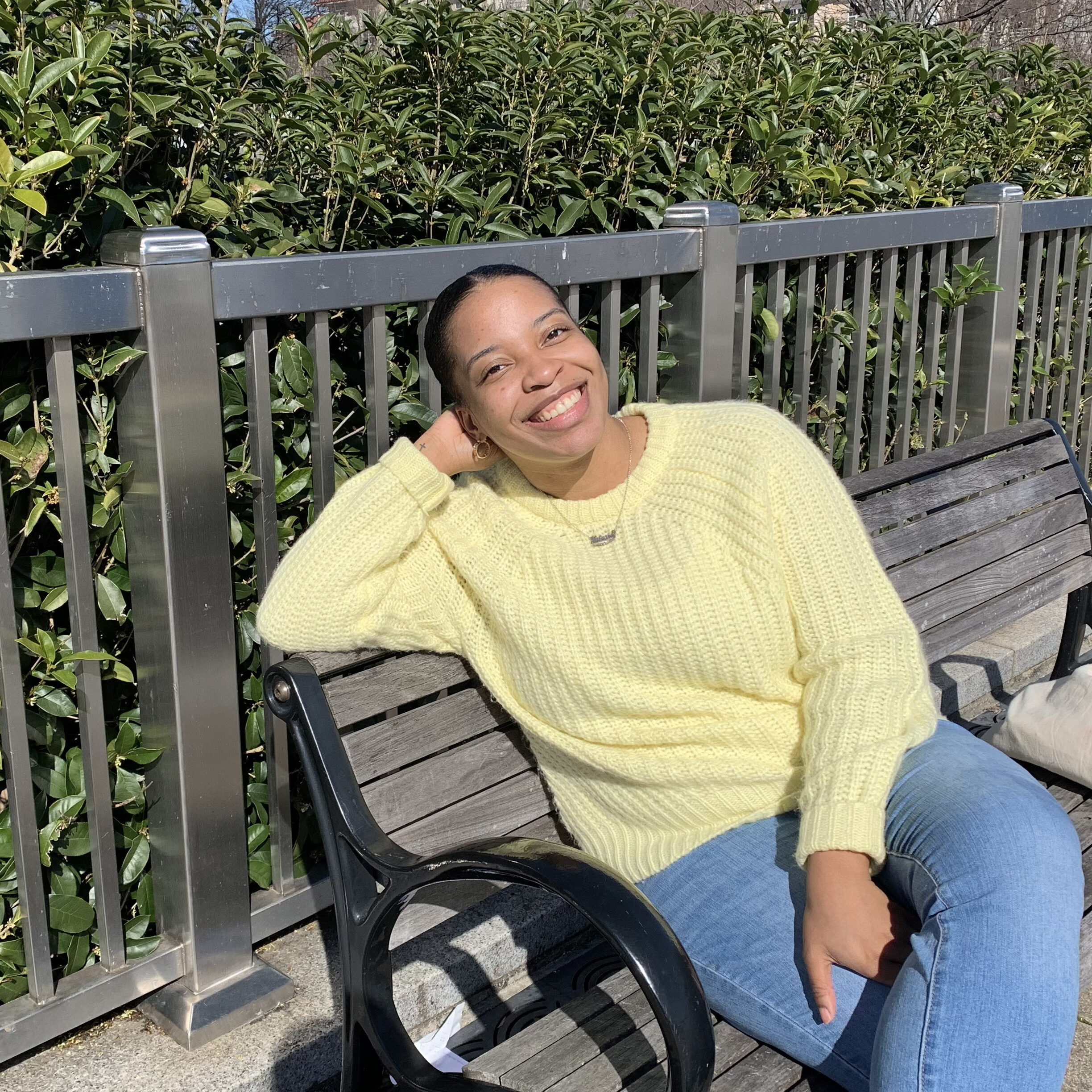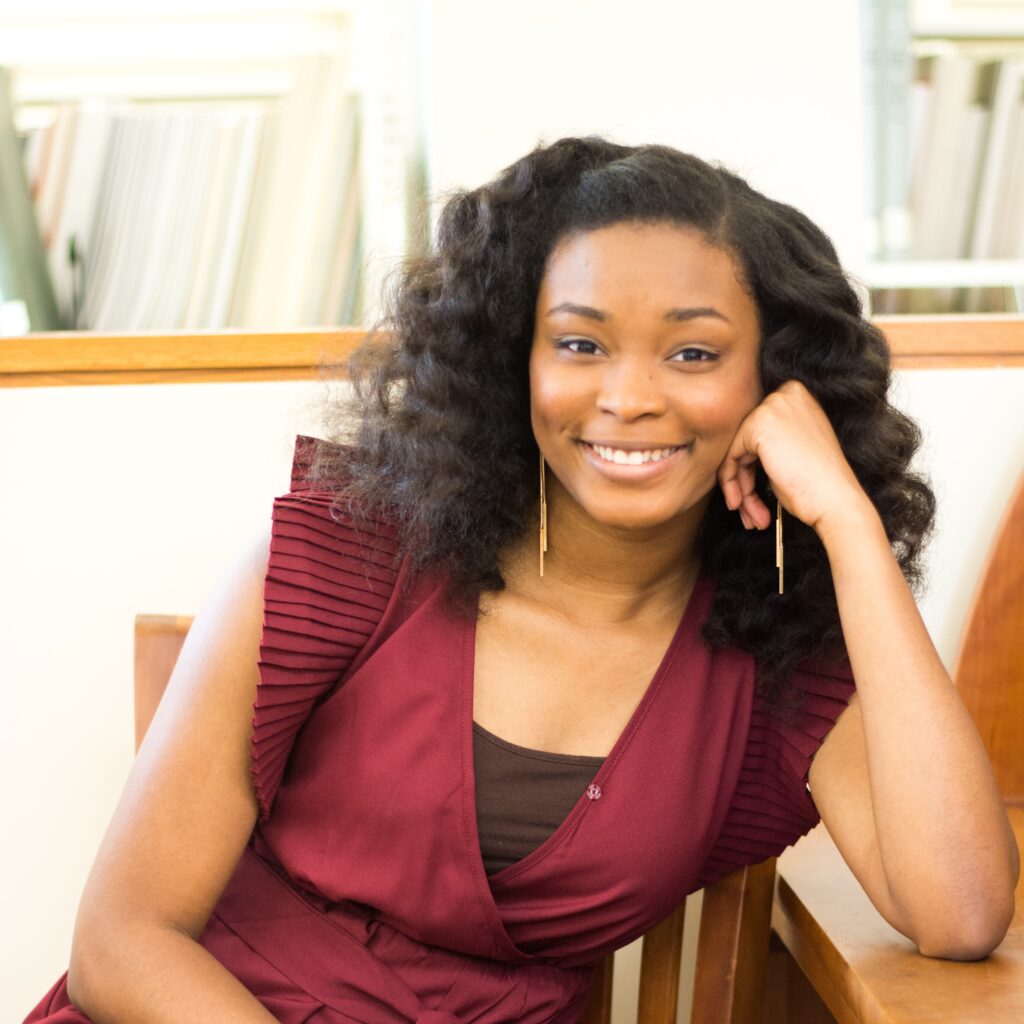Welcome to the Universal Design for Learning, Higher Education, and COVID-19 Pandemic Podcast!
This project began as an independent research study during the summer of 2020, and has transformed into a podcast in partial fulfillment of course objectives for the EDU 385 course at Agnes Scott College. Join Kaitlyn & Natasha as they discuss how the pandemic has forced the rapid evolution of pedagogy in higher education and the potential of Universal Design for Learning to continue that evolution in a positive direction for students with disabilities.
This research study examines the resurgence of Universal Design for Learning (UDL), an educational tool that prioritizes varied student need and ability, during the early months of the COVID-19 pandemic. Through interviews with students, professors, teachers, and research psychologists, this study identifies UDL as an effective approach to creating suitable classroom environments for students with disabilities, even in virtual educational settings. In order to reach all students, regardless of ability, this paper advocates for a resurgence of UDL within current and future teaching pedagogy.
An informational handout is embedded below with information regarding methodology, sources for further reading, and visual explanations for the frameworks and theories discussed throughout the podcast.
This work is licensed under a Creative Commons Attribution-NonCommercial-NoDerivatives 4.0 International License.
Meet Your Hosts

CC-BY-NC-ND 4.0.
Natasha Griffin | Atlanta, GA
Natasha Griffin is a graduating senior at Agnes Scott College in Decatur, Georgia. She will graduate in May 2021 with her B.A. in English Creative Writing. After graduation, Natasha will attend graduate school to obtain her Masters in Library and Information Science. She hopes to become a Media Specialist for elementary levels. Natasha will also pursue a career as a young adult novelist and poet.

Kaitlyn Mills | Augusta, GA
Kaitlyn Mills is also a graduating senior at Agnes Scott College in Decatur, Georgia. She will graduate in May 2021 with her B.A. in History. Her future education plans will include obtaining a graduate degree in Public Administration, and she also hopes to later pursue a PhD in Educational Leadership Policy. Kaitlyn will pursue a career of education policy and nonprofit education advocacy work.
The primary advisor for this research process is Dr. Lesley Coia, Professor of Education at Agnes Scott College.
“Although the federal government has enacted legislation promoting accessibility in both K-12 and higher educational settings, much of the access guaranteed in K-12 does not extend to college. Further, while in K-12 educational settings, the student may have had a teacher, parent, or guardian who advocated for services, whereas in college faculty and administrators expect that students will advocate for themselves.”
Thurber, A., & Bandy, J. (2018)
Creating Accessible Learning Environments, Vanderbilt University Center for Teaching.
About the Class | EDU 385: Religion, Education, & Activism
Professor: Dr. Tina Pippin
Course Description (from course syllabus):
In this course we will explore, through historical and current justice issues, the educational theories and practices of religious organizations, and grassroots movements for social change. Students will also engage and gain competence in the practice of human rights education and social change organizing through a variety of models of liberatory educational practices, including popular education, theatre for social change, community-based learning, participatory action research, and movement building.
We will use as case studies several local social change organizations (e.g. Project South and Amnesty International), as well as educational movements for social justice (e.g. Rethinking Schools; the Zinn Education Project), with a particular emphasis on education and public policy in the U.S.
We will be exploring the educational theories and practices of many educators from grassroots movements to the academy: e.g. Paulo Freire (pedagogy of the oppressed), Ira Shor, Myles Horton, Maxine Greene, Stephen Brookfield, bell hooks, Bettina Love, Augusto Boal (theatre of the oppressed); popular education workbooks (from the Catalyst Center in Toronto; the Midwest Academy training; Project South; the Highlander Center; the World and U.S. Social Forums; INCITE; Foxfire School); Dorothy Day; Septima Clark; Ella Baker; Grace Lee Boggs; Bernice Robinson; Edward Lindeman, and others; Amnesty International and the U. of Minnesota Human Rights Center (human rights education); the First Amendment Center (religion in the public schools).
Course Objectives (from course syllabus):
- to gain knowledge of popular education history, theories, and methods that underlie social change movements.
- to review the policy issues of religion and the Bible in public schools.
- to locate and identify and translate methods that connect to specific educational needs and contexts.
- to examine the contexts and policies of schools—e.g. the school-to-prison pipeline; charters and the privatization of public schools movement; the bible in public schools.
- to explore, practice and critique critical pedagogy theories and practices.
- to understand and experience the basics of theatre of the oppressed and its possibilities in movement building and in the classroom.
- to apply the theories in research.
- to plan and prepare a workshop on a specific social justice issue, geared to a particular audience.